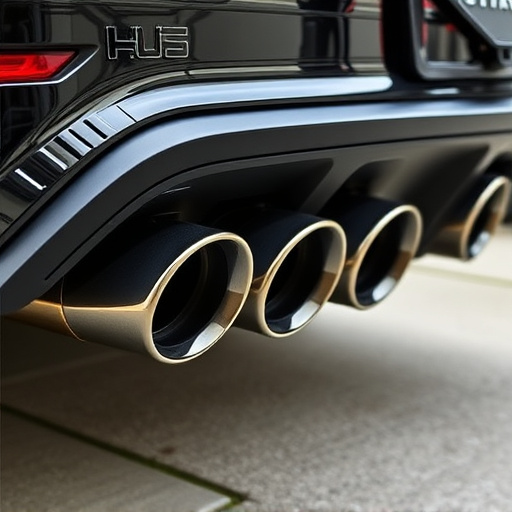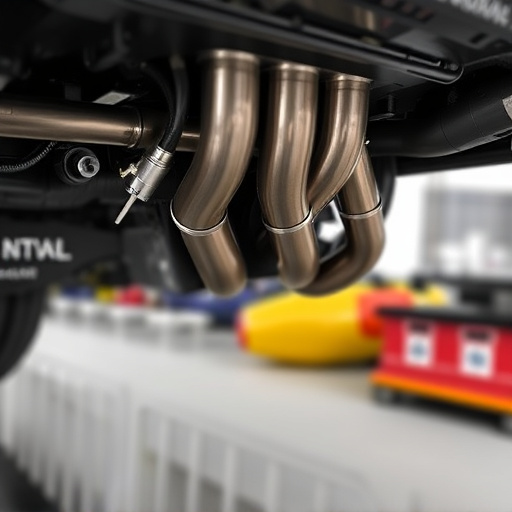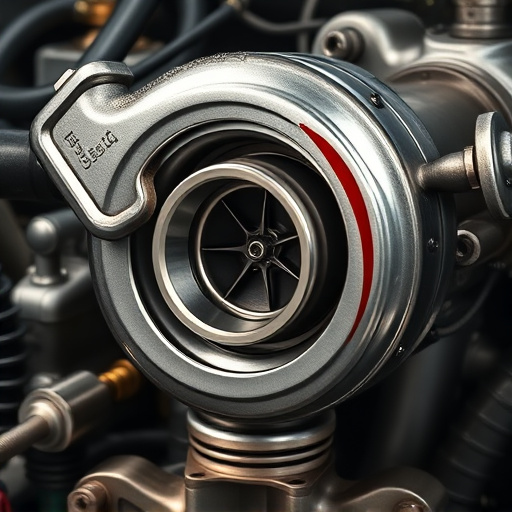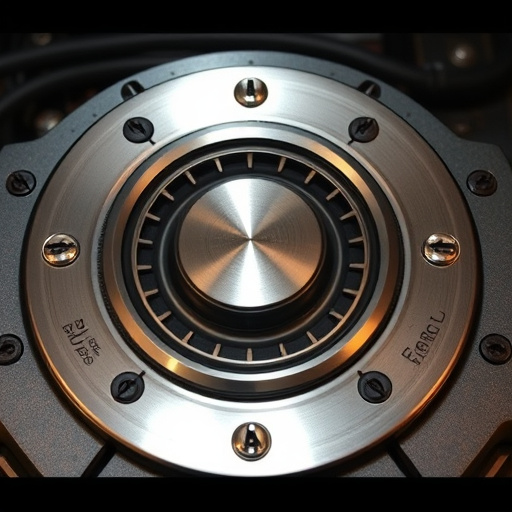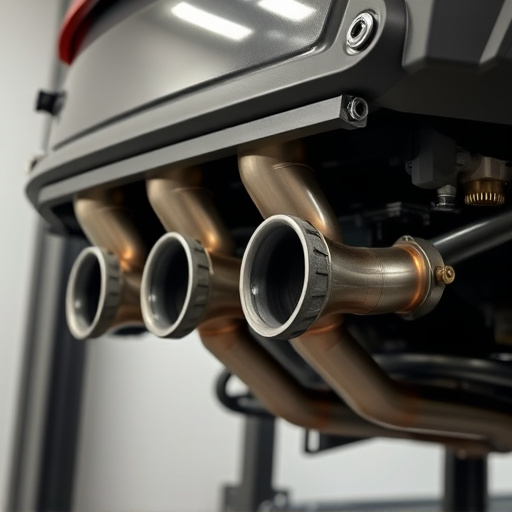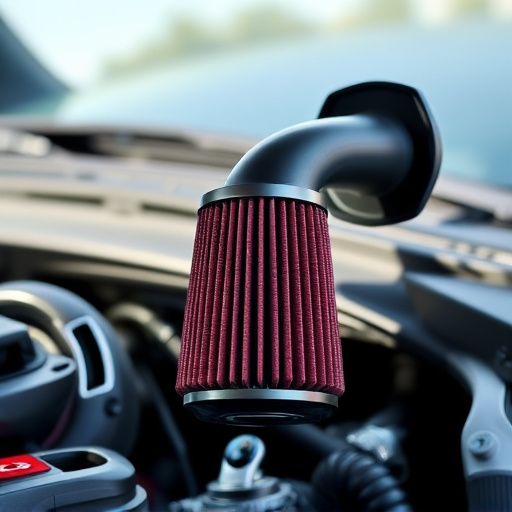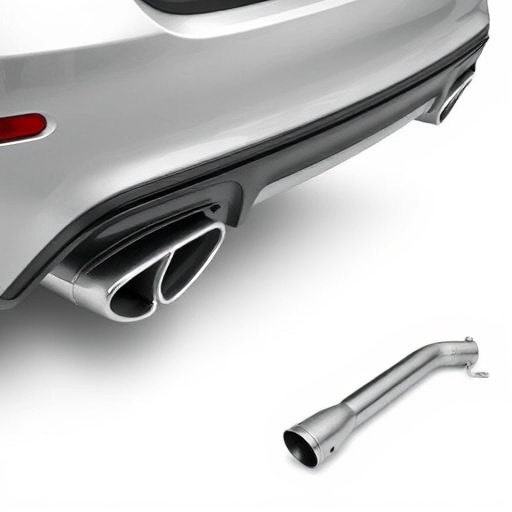The vehicle suspension system is a complex network (struts, springs, control arms, stabilizers) that ensures smooth rides, stabilizes vehicles, and enables sharp cornering. Regular maintenance, including checks for wear & tear and replacement of faulty parts, is crucial year-round. Seasonal adjustments like using air filter kits, cold air intakes in winter, and performance exhaust systems in summer enhance performance. Common issues include worn shocks, fluid leaks, loose parts, and clunking noises; seasonal checks and tire upgrades (winter/summer) maintain optimal vehicle suspension system performance and safety.
Maintaining your vehicle’s suspension system is key to ensuring optimal performance and safety throughout all seasons. This comprehensive guide will walk you through understanding your car’s suspension, seasonal care adjustments, and common issues. Learn essential maintenance tips to keep your vehicle handling smoothly on any road, rain or shine. Discover how to identify potential problems early on, ensuring a well-maintained suspension system that supports your driving experience year-round.
- Understanding Your Vehicle's Suspension System
- Seasonal Care and Adjustments for Optimal Performance
- Common Issues and Maintenance Tips for All Seasons
Understanding Your Vehicle's Suspension System
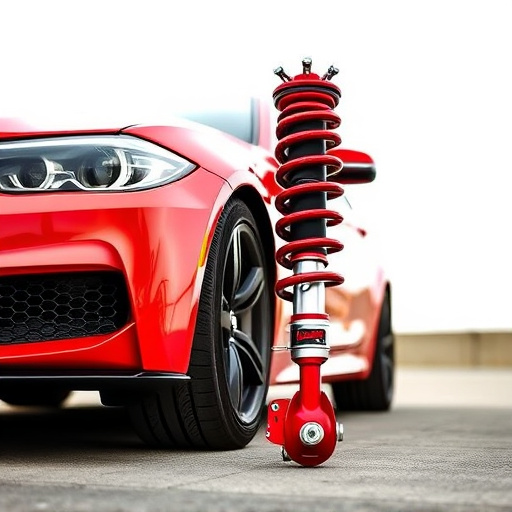
The vehicle suspension system is a complex network of components designed to ensure smooth and controlled movement. It connects your vehicle to its wheels, allowing for smooth driving dynamics and passenger comfort. The primary functions include absorbing shocks from uneven road surfaces, maintaining vehicle stability, and enabling tight cornering.
Understanding this system involves recognizing key parts like struts, springs, control arms, and stabilizers. Regular maintenance, including checking for wear and tear and replacing faulty components, is crucial. Upgrading certain parts, such as high-performance exhaust tips or air filter kits, can also enhance your vehicle’s suspension performance, improving handling and reducing noise levels.
Seasonal Care and Adjustments for Optimal Performance

The vehicle suspension system plays a critical role in ensuring optimal performance and safety, regardless of the season. To maintain peak efficiency, regular care and adjustments are essential. During winter months, when roads may be icy or snowy, it’s crucial to check your suspension for any signs of wear and tear. Lowering air pressure due to cold temperatures can affect tire performance, so consider upgrading your vehicle with high-quality air filter kits and cold air intakes to improve airflow and maintain stability.
Transitioning to warmer seasons brings different challenges, such as increased road vibration and dust. Regularly inspect your suspension components for any damages or loose parts. Upgrading to performance-oriented exhaust systems can enhance overall driving experience by reducing noise and improving engine efficiency. Remember that maintaining a well-tuned vehicle suspension system not only ensures smoother rides but also contributes to better control and safety on the road, regardless of the season.
Common Issues and Maintenance Tips for All Seasons
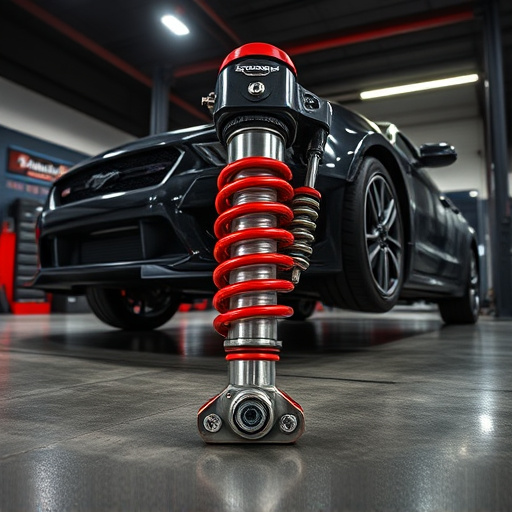
The vehicle suspension system is a complex network of components that ensure your car rides smoothly and handles safely. Maintaining it in top condition across all seasons is crucial, as neglecting these parts can lead to serious issues. Common problems include worn-out shocks and struts, which are vital for maintaining proper ride height and controlling wheel movement. Regular inspection should also address leaks in the fluid lines, often caused by damaged seals or gaskets. Another frequent issue is loose or corroded suspension components, which can be identified through clunking noises during turns or bumps.
To keep your vehicle’s suspension system in peak performance, regular maintenance is key. Seasonal checks should include lubricating all moving parts, replacing worn bushings and ball joints, and ensuring the alignment of wheels and tires is accurate. In colder climates, consider using winter tires to enhance traction, as well as addressing any leaks or damage from icy roads. During warmer months, inspect air intake systems, such as cold air intakes, for debris or moisture, while also checking the condition of your cat-back exhaust system, which can be affected by heat and road debris.
Maintaining your vehicle’s suspension system is key to ensuring optimal performance and safety across all seasons. By understanding your car’s suspension components, regularly checking for common issues, and implementing seasonal care adjustments, you can extend the life of your suspension and keep your ride smooth and secure year-round. Regular maintenance is a simple yet powerful way to protect this critical system and preserve the overall health of your vehicle.







